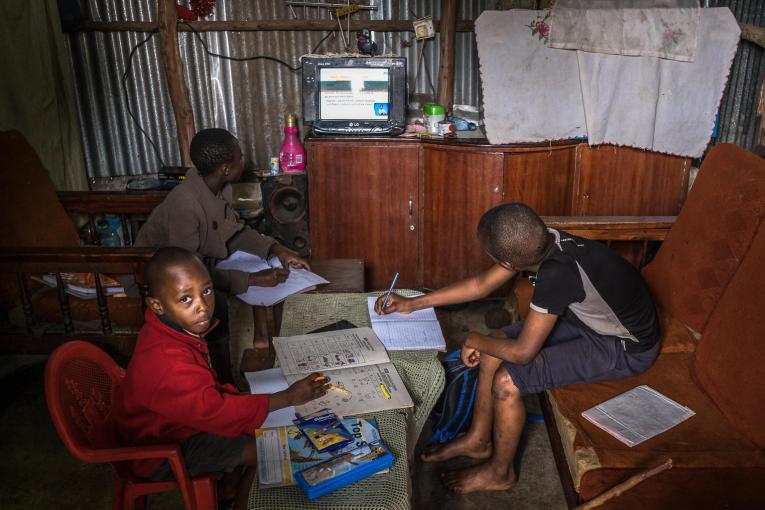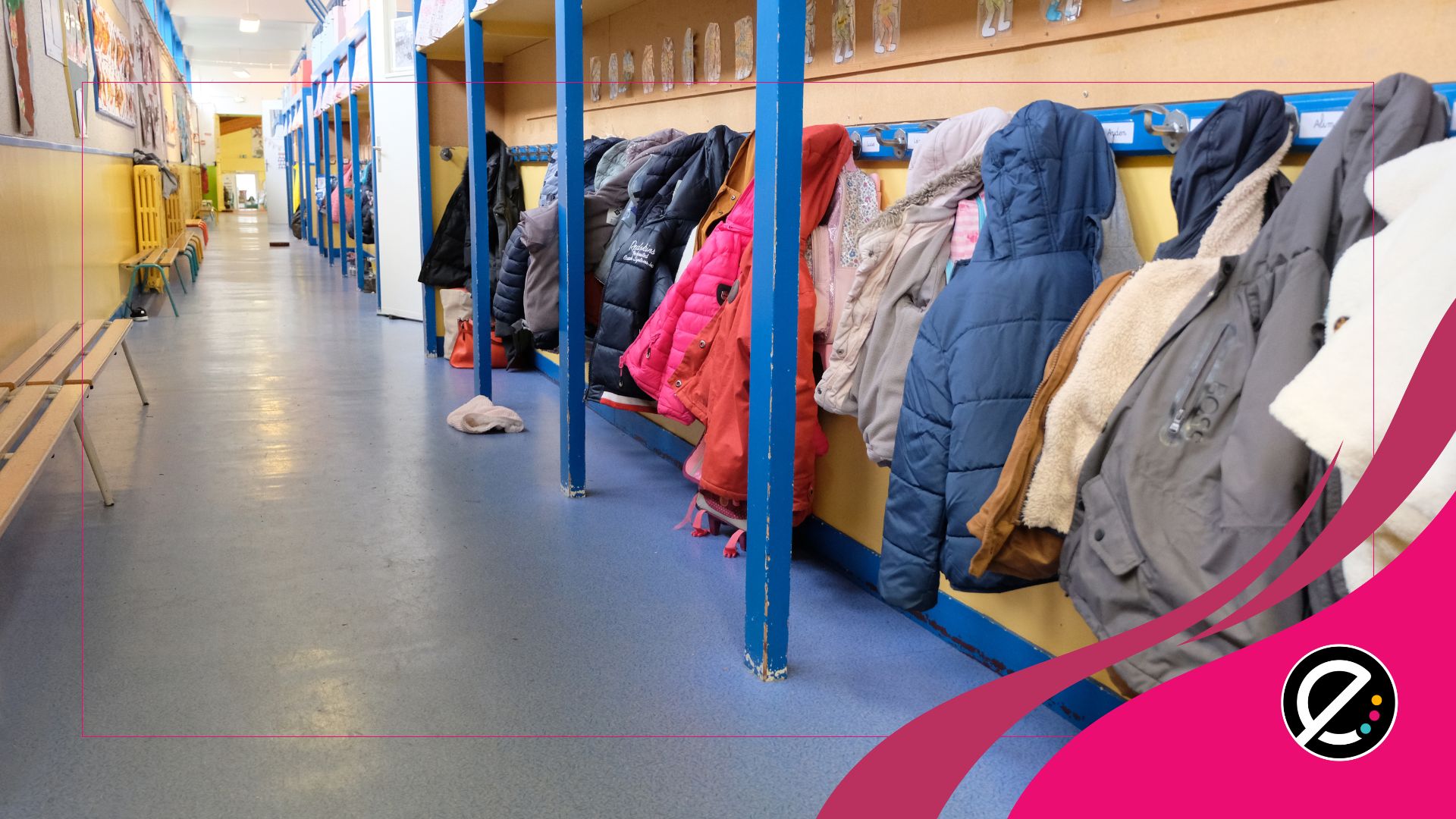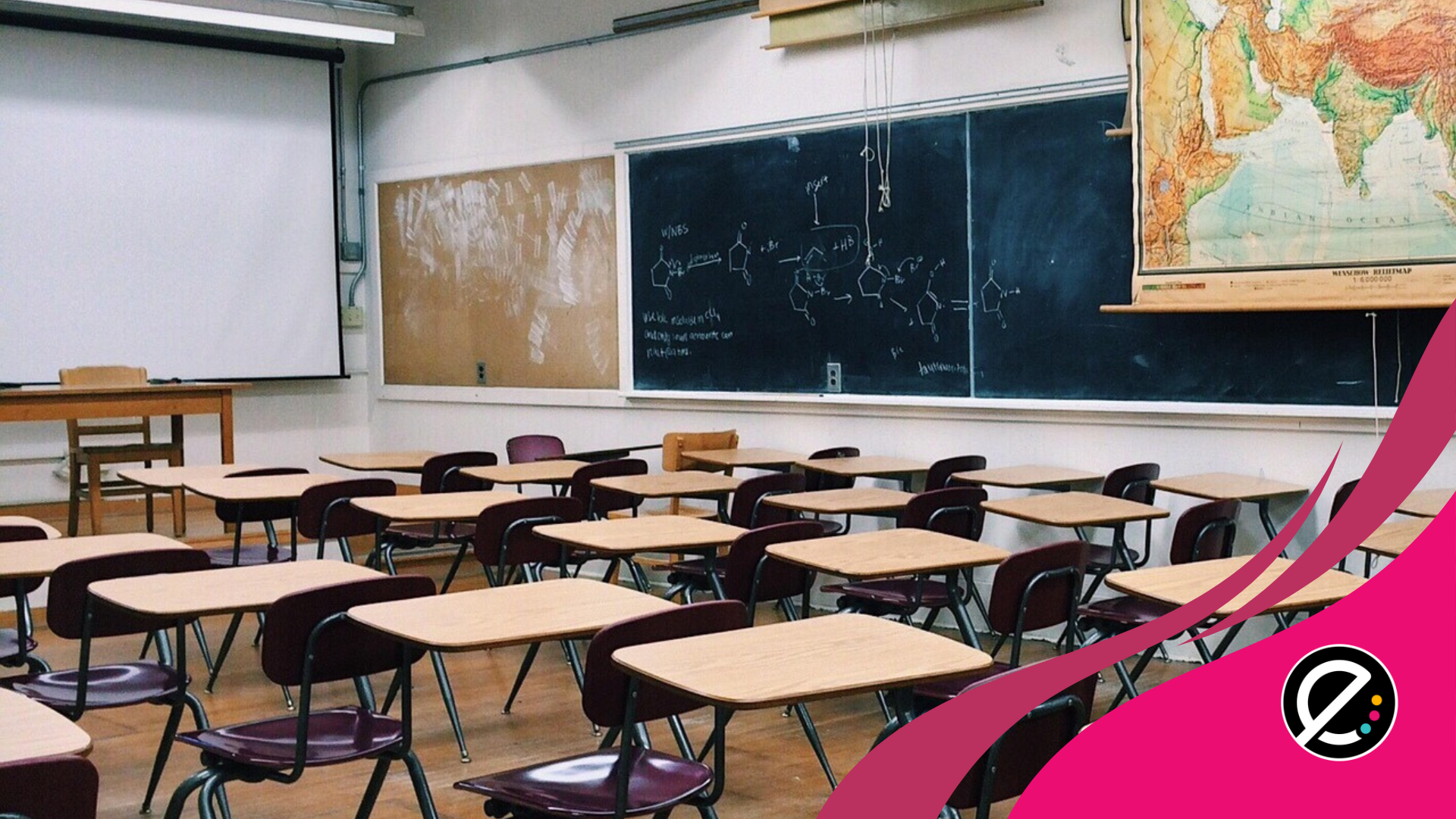Communiqué – Le premier jour d’école a été reporté indéfiniment pour environ 140 millions d’élèves en raison de la COVID-19, révèle l’UNICEF dans une nouvelle analyse diffusée à la fin du mois d’août.
De ce nombre, environ huit millions de tout-petits attendent de pouvoir assister à leur tout premier jour d’école.
« Tandis que les cours reprennent dans un grand nombre de pays, cela fait plus d’un an que des millions d’élèves de première année attendent de découvrir l’intérieur d’une salle de classe. Pour les plus vulnérables, le risque de ne jamais mettre les pieds de leur vie dans une salle de classe a pris des proportions démesurées », déplore Henrietta Fore, directrice générale de l’UNICEF.
La première année, qui est une initiation à la lecture, l’écriture et l’arithmétique, constitue le fondement de tout apprentissage futur. C’est aussi la période durant laquelle l’apprentissage en présentiel permet aux enfants de gagner en autonomie, de prendre de nouvelles habitudes et d’établir des relations enrichissantes avec les enseignants et les autres élèves.
L’enseignement en présentiel permet aussi aux enseignants de repérer et de signaler les retards d’apprentissage, les problèmes de santé mentale et les cas de maltraitance pouvant avoir un effet néfaste sur le bien-être de l’enfant.
En 2020, les écoles à travers le monde ont été complètement fermées durant 79 jours de cours en moyenne.
Bien que les pays dans le monde prennent des mesures pour mettre en place un apprentissage à distance, au moins 29 % des élèves de l’école primaire n’en bénéficient pas.
Outre le manque de ressources d’apprentissage à distance, les plus jeunes enfants risquent ne pas être capables de participer en raison du manque de soutien concernant l’utilisation de la technologie, d’un environnement éducatif déficient, de la pression qu’ils subissent pour s’acquitter de tâches ménagères ou parce qu’ils sont forcés à travailler.
Réouvrir les écoles
L’UNICEF exhorte les gouvernements à rouvrir les écoles à l’enseignement en présentiel dès que possible, et à apporter aux élèves une solution globale pour qu’ils reprennent les cours. Avec la Banque mondiale et l’UNESCO, l’UNICEF appelle les gouvernements à se concentrer sur trois priorités de reprise scolaire :
1- Des programmes ciblés sur le retour de tous les élèves à l’école pour qu’ils puissent avoir accès à des services sur mesure répondant à leurs besoins en matière d’apprentissage, de santé, de bien-être psychologique et autres ;
2- Des cours de rattrapage efficaces, pour aider les élèves à compenser l’apprentissage perdu ;
3- Le soutien aux enseignants pour remédier à l’apprentissage perdu et incorporer la technologie numérique à leurs cours.
Nous devons rouvrir les écoles à l’enseignement en présentiel dès que possible et nous devons immédiatement remédier aux écarts d’apprentissage que cette pandémie a créé. Si nous ne le faisons pas, certains enfants pourraient ne jamais rattraper leur retard. », soutient déclare Henrietta Fore.
À propos de l’UNICEF
L’UNICEF travaille dans certains des endroits les plus inhospitaliers du monde pour atteindre les enfants les plus défavorisés. Dans plus de 190 pays et territoires, nous travaillons pour chaque enfant, chaque jour, afin de construire un monde meilleur pour tous. www.unicef.org/fr






